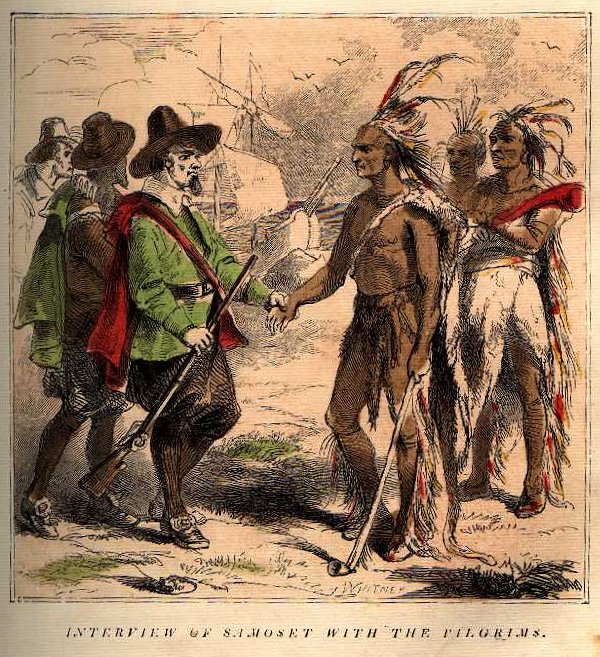 Two Thanksgivings; a dream to some and a nightmare for others, depending on whether you're eating or cooking. In 1939 there really was two Thanksgivings.
Two Thanksgivings; a dream to some and a nightmare for others, depending on whether you're eating or cooking. In 1939 there really was two Thanksgivings.
At the beginning of Franklin Roosevelt's presidency, Thanksgiving was not a fixed holiday. At that time it was up to the President to issue a Thanksgiving Proclamation to announce what date the holiday would be. Most presidents would follow suit and announce the holiday as the last Thursday in November.
Many believe that the Pilgrims chose this day, but that is not the case. It was 1863 when President Lincoln began the observance of Thanksgiving in November, making it a national holiday. Lincoln's decision came in the middle of the Civil War and seems to be an awkward attempt to bring faith back into a war-torn country. Below is an excerpt from Lincoln's Thanksgiving Proclamation:
I do therefore invite my fellow-citizens in every part of the United States, and
also those who are in foreign lands, to set apart and observe the last Thursday of November next as a day of thanksgiving and praise to our beneficent Father who dwelleth in the heavens.
Like all the presidents that preceded him, FDR kept tradition until he felt other circumstances would supersede tradition. What circumstances you ask? How about the economy and the Great Depression.
In 1933, FDR's first year in office, Thanksgiving fell on November 30th, the last day of the month and the 5th Thursday. Because statistics showed that most people did not do their Christmas shopping until after Thanksgiving businesses feared a loss in revenue. November 30th left only 24 shopping days between Thanksgiving and Christmas.
Many business owners asked President Roosevelt to make Thanksgiving one week earlier. The requests were ignored until 1939, when Thanksgiving was once again due to fall on the last day of the month. This time FDR listened to the requests and moved Thanksgiving to November 23rd and not November 30th.
This simple date change seemed easy enough, but in actuality proved to be a short-sighted blunder. Thousands of letters poured into the White House from small businesses, calendar manufacturers and universities claiming that the date change will actually harm and/or disrupt their business or routine.
While some retailers were pleased to have the extra week of holiday shopping, smaller businesses claimed they'd lose business to the larger stores. Calendar makers had already printed some of their calendars years in advance making their future supplies now obsolete and out of date. Some Americans were simply upset with Roosevelt's attempt to alter the long-standing tradition just to help businesses make more money. And finally, schools with annual Thanksgiving day football games were now forced to reschedule, and so on and so forth.
Some of these letters can be found at the FDR Library: http://www.fdrlibrary.marist.edu/thanksg.html
With increased opposition, some states refused to honor the new date and kept November 30th as Thanksgiving day. Depending on which state you were from determined which date Thanksgiving was observed. So those living in Connecticut would not have the same day off as those living in New York and thus, family and friends were unable to celebrate the holiday together.
A stubborn FDR continued to observe Thanksgiving on the second to last Thursday of November for two more years/ The amount of public outrage eventually convinced Congress to pass a law on December 26, 1941, declaring Thanksgiving as the fourth Thursday of November every year.
Read More...
Summary only...
 Sara Hale, author of the famous poem, Mary Had a Little Lamb and one the nation's first woman magazine editors played an instrumental part in making Thanksgiving a national holiday.
Sara Hale, author of the famous poem, Mary Had a Little Lamb and one the nation's first woman magazine editors played an instrumental part in making Thanksgiving a national holiday.



